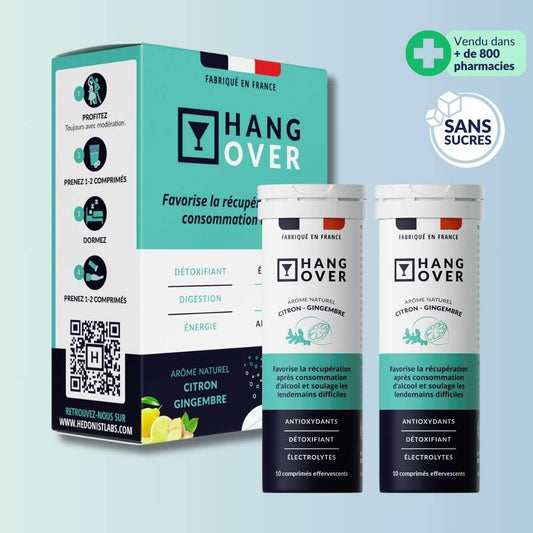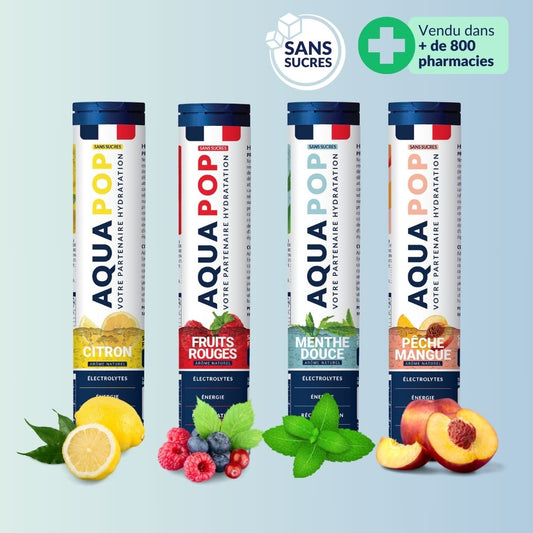End the day with a drink on the terrace, have a drink to unwind, get tipsy at parties...
Alcohol consumption among students is a veritable institution. However, it should not be forgotten that alcohol, consumed in abundance, is dangerous to health.
Between occasional drinkers and more regular revelers, over 80% of students consume alcohol. According to the USEM 2021 survey (Union nationale des mutuelles étudiantes régionales), 20% of students are excessive drinkers, and 39% of them are already aware of having drunk too much, including 11% who say they drink with the intention of achieving a state of drunkenness.
This practice often follows a specific initiation, such as an integration party or binge drinking. How, then, can we ensure effective prevention young people?
Binge drinking: a vector for social cohesion?
"Binge drinking in French, binge drinking can be an integration ritual at the start of a university year, or as part of student parties where alcohol is present. At such events, alcohol consumption is intended as a vehicle for social bonding, facilitating encounters through disinhibition. Among students, alcohol is generally seen in a positive light, as it is associated with notions of festive pleasure.
Some will say that you're happier when you drink ... that alcohol helps you forget your shyness; that it's easier to let loose, talk to others and do things you wouldn't dare do without alcohol. For some students, it's hard to imagine a party without alcohol...
Why is alcohol at the heart of integration weekends (WEI)?
Alcohol is often seen as a facilitator of social relations. In some selective training courses (business or engineering schools, health studies, etc.), these integration weekends come after one or more years of intensive work to prepare for the entrance exam.
This creates a kind of decompression that blows away the self-imposed limits. Those who are not used to consuming alcohol are put in a fragile position and may find themselves drinking excessively, encouraged by other comrades they don't know.
Some students drink to forget their problems

Other, rarer but unfortunately present realities: for some students, drinking alcohol is a way of combating a negative situation, such as stress, loneliness or fear of the future. While some doctors claim that drinking a glass a day is good for the health, excessive consumption can have serious repercussions on the whole body.
Whether it's to have fun or to forget your troubles, it's important to remember that alcohol is dangerous to your health.
How can we ensure effective prevention for this young audience?
Prevention initiatives should help to reduce risk-taking. We know, for example, that peer prevention by other students who have already been trained and made aware of the issue works well.
Similarly, it is useful for the teams responsible for providing security at student events to be at the heart of these schemes. In direct contact with young people, they need to be part of a risk-reduction strategy. For example, they could be present in the evening to give basic advice on how to limit damage: "don't drink too fast", "drink a little water", and so on.
We also need to find resource people to suggest avoidance strategies to those who are not used to drinking, or who don't want to: how to find your place at a party without drinking; keeping your glass in your hand without necessarily having alcohol in it, and so on. Prevention must be effective over the long term to break down the positive image that alcohol has among students.
With this in mind, Hedonist Labs is committed to providing the best possible support for young alcohol consumers, by promoting prevention at the pharmacist's counter, and offering them natural ways to limit the risks to their health.
HANG-OVER food supplements are a good alternative to self-medication for soothing hangover symptoms. To avoid these effects, the best solution is to use them in moderation and only occasionally.
As a reminder, the consumption guidelines (according to the WHO) are 2 glasses a day, and not every day!
Sources :
- Chung, T. (2018). Adolescent binge drinking. Alcohol Research. Published.
- Com-Ruelle, L. (2013). Young people and alcohol: changing behaviors, risk factors and protective elements. Question d'économie de la santé. Published.
- Dequiré, A. F. (2013). Alcohol and young people: state of play. Journal du droit des jeunes. Published.
- Hwang, C. L.,et al. (2020). The effects of repeated binge drinking on arterial stiffness and urinary norepinephrine levels in young adults. Journal of Hypertension, 38, 111-117.
- Morrison, C. N., et al. (2019). Exposure to alcohol outlets, alcohol access, and alcohol consumption among adolescents. Drug and Alcohol Dependence, 205, 107622.




